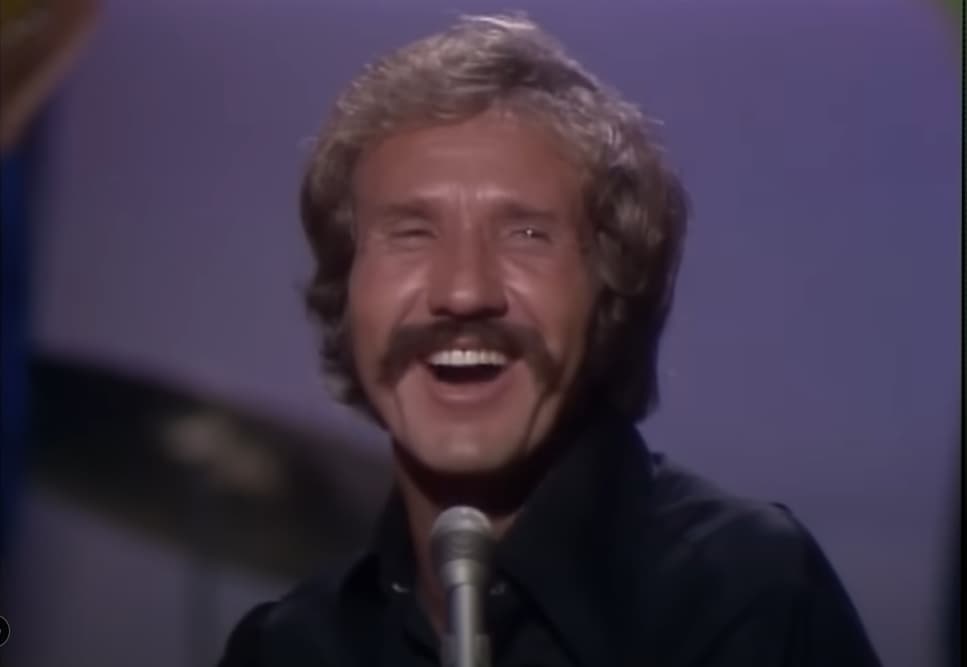
Marty Robbins – Devil Woman: A Haunting Tale of Love and Betrayal
In the annals of classic country music, few names resonate with as much warmth and authenticity as Marty Robbins. His voice, a golden thread woven through the tapestry of American music, continues to captivate audiences even decades after his heyday. Among his many memorable performances, one that stands out is his rendition of “Devil Woman” on The Midnight Special, which aired on NBC on August 24, 1973. This performance encapsulates the essence of a bygone era, when music had the power to tell stories that lingered in the hearts and minds of its listeners.
Originally released in 1962 as part of the album “Devil Woman,” this song quickly climbed the charts, reaching a peak position of number one on the Billboard Hot Country Singles chart. Its success was not just a testament to Robbins’ vocal prowess but also to the universal themes it explored—those of love, temptation, and heartache. “Devil Woman” tells a poignant story of a man ensnared by the charms of a woman who seems almost otherworldly in her allure, embodying both desire and danger.
The narrative of the song unfolds like an old folktale, evoking images of dusty trails and sunlit horizons. The protagonist finds himself torn between his love for his wife and the irresistible pull of another woman. This internal struggle is something many can relate to, making it timeless in its appeal. It speaks to the human condition—the constant battle between our duties and our desires, between what is right and what is enticingly wrong.
Marty Robbins delivered this tale with an emotional depth that only he could muster. His voice carried a weight of experience and sincerity that made each word resonate with truth. Watching him perform on The Midnight Special was more than just an auditory experience; it was a journey into the soul of a man grappling with profound emotions. The televised performance added a visual dimension to the song’s haunting narrative, allowing viewers to see the raw emotion in Robbins’ eyes as he sang about love’s complexities.
Beyond its immediate story, “Devil Woman” serves as a reminder of how music can capture moments in time. For those who tuned in to watch Robbins on that August night in 1973, it was not just about entertainment; it was about connection—connecting with the music, with the artist, and with their own memories and emotions. It is this timeless quality that keeps people returning to Robbins’ work year after year.
As we reflect on this iconic performance today, there is an undeniable sense of nostalgia that comes with it—a longing for simpler times when music was raw and real, unburdened by overproduction or superficiality. Marty Robbins, with his heartfelt storytelling and rich vocals, represents an era where artists were revered not just for their talent but for their ability to touch lives.
In celebrating “Devil Woman,” we are reminded of the enduring power of music to evoke emotion and create connections across generations. It is a testament to Marty Robbins’ legacy as one of country music’s most cherished voices—a legacy that continues to inspire and move listeners, inviting them to reflect on their own stories of love and loss.